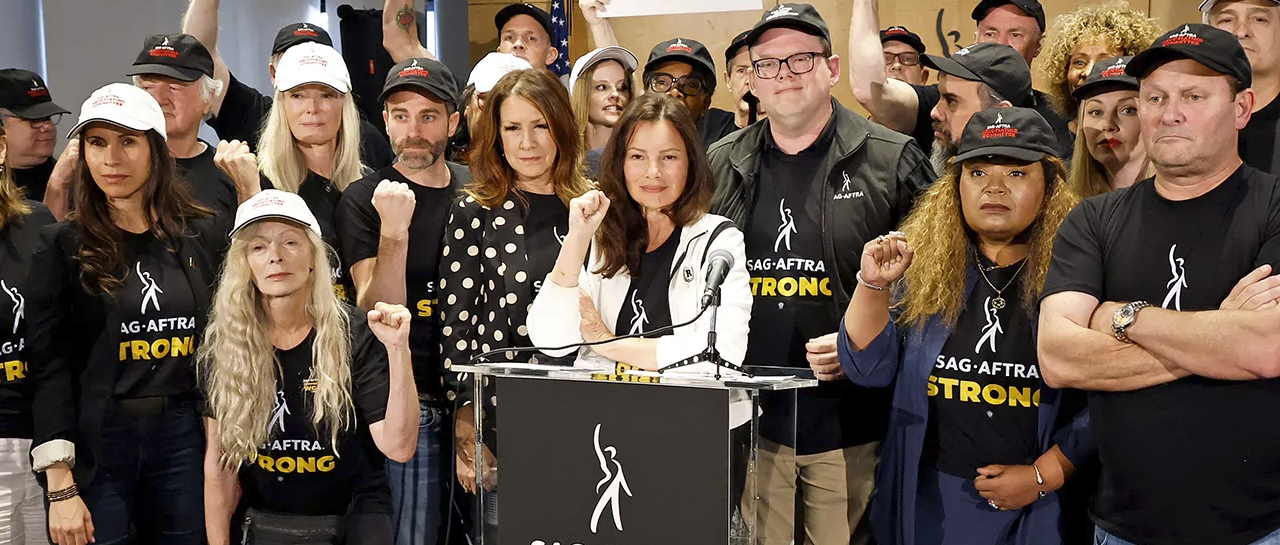Facebook is reporting to nonprofits their individual returns on GivingTuesday 2020 donations, some … [+]
Two months after GivingTuesday 2020, nonprofit professionals from around the world are taking to Facebook to share mixed emotions about the results of the social network’s first-come, first-serve $7 million match campaign.
“At Immigrant Families Together we received $8,” wrote Stephanie Diehl, the organization’s Social Media Coordinator, in the GivingTuesday Nonprofit Learning Lab, a group moderated by the GivingTuesday team. “At first I rolled my eyes, then I remembered that $8 would buy 2 chickens — every dollar counts, every dollar makes a difference.”
According to its Facebook page, Immigrant Families Together is “a foundation dedicated to reuniting and supporting immigrant families separated at the U.S./Mexico border, supporting border partners with humanitarian aid and giving assistance to those incarcerated in detention prisons.” Donations can be made here.
“We — a school for children with learning differences — $4,” wrote Carol Williams, Head of School at The Oakland School in Troy, Va.
The Oakland School is described on Facebook as a “boarding and day school for bright children (7-13) including those with language-based learning differences.” Donations can be made here.
Some match recipients expressed their appreciation for the Facebook match.
“We got 2%. You know what? Every penny counts, and we mean that,” wrote Jacqueline Howard Cavallo, President and Co-Founder of The Flying Dog Foundation. “We’re grateful. Glad they wave transaction fees for (nonprofits). I’m honest with our supporters about the (GivingTuesday) match, letting them know we may or may not get a piece of the (Facebook) match pie. Anything over what donors give is gravy.”
“I do feel that (Facebook) should be more upfront with users as I think many are under the impression that it’s a dollar-for-dollar match to all charities,” Cavallo continued, “and they don’t realize that $7M (or whatever the total [Facebook] match is) is tiny in comparison to the overall amount GT raises. But, I am upfront with our donors.”
According to its Facebook page, The Flying Dog Foundation “helps make profoundly positive, life-saving changes in the lives of dogs in dire situations by awarding grants to partner rescue organizations. The primary focus is on dogs rescued from the China meat trade and hunting dogs in Spain.” Donations can be made here.
In 2020, Facebook again modified its criteria for nonprofits to earn a match. For the first $2 million of the $7 million pledge, the world’s largest social network would match 100% of all donations up to $20,000 per donor and $100,000 per nonprofit. The remaining $5 million would be allocated at 10% per donation, with the same per-donor and per-organization limits, until the total was exhausted.
Since 2018, Facebook has kept that annual GivingTuesday matching pledge to $7 million, despite raising its annual revenue by more than $30 billion since 2018. And Facebook has long monopolized the global nonprofit market — a 2019 study found more nonprofits have a Facebook page than have their own website.
Because of the velocity at which the $7 million are depleted — reportedly within seconds — nonprofit consultants have long advised organizations to avoid focusing their marketing efforts on the Facebook provided match. “I beseech you though – do NOT focus on this match!” wrote Julia Campbell in a December blog post. “If you get a specific match from a corporate sponsor or generous donor, that is 1000x more effective in driving donations.”
Kathleen Murphy Toms, Director of Digital Strategy for GivingTuesday, frequently reminds members of the Learning Lab Facebook group that there is no requirement to use Facebook’s fundraising tools to participate in GivingTuesday.
Historically, charitable giving has made up around 2% of U.S. GDP. Two percent of Facebook’s cumulative 2020 revenue of $85,965,000,000 would be just over $1.7 billion. The $7 million allocated to nonprofits represents 0.025% of the $28.07 billion that the company reported in the 4th quarter alone.
Facebook founder Mark Zuckerberg personally made headlines last fall when he made a $300 million donation to help protect American elections.


/https://specials-images.forbesimg.com/imageserve/601983044b827ad812691e39/0x0.jpg?cropX1=0&cropX2=7800&cropY1=380&cropY2=4036)









